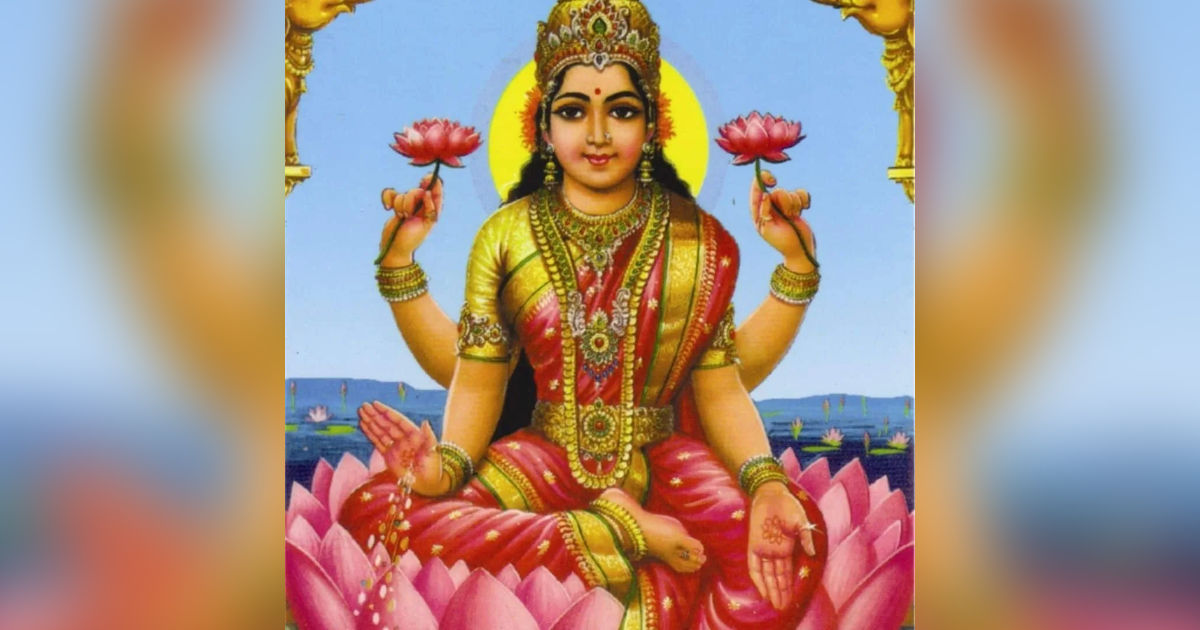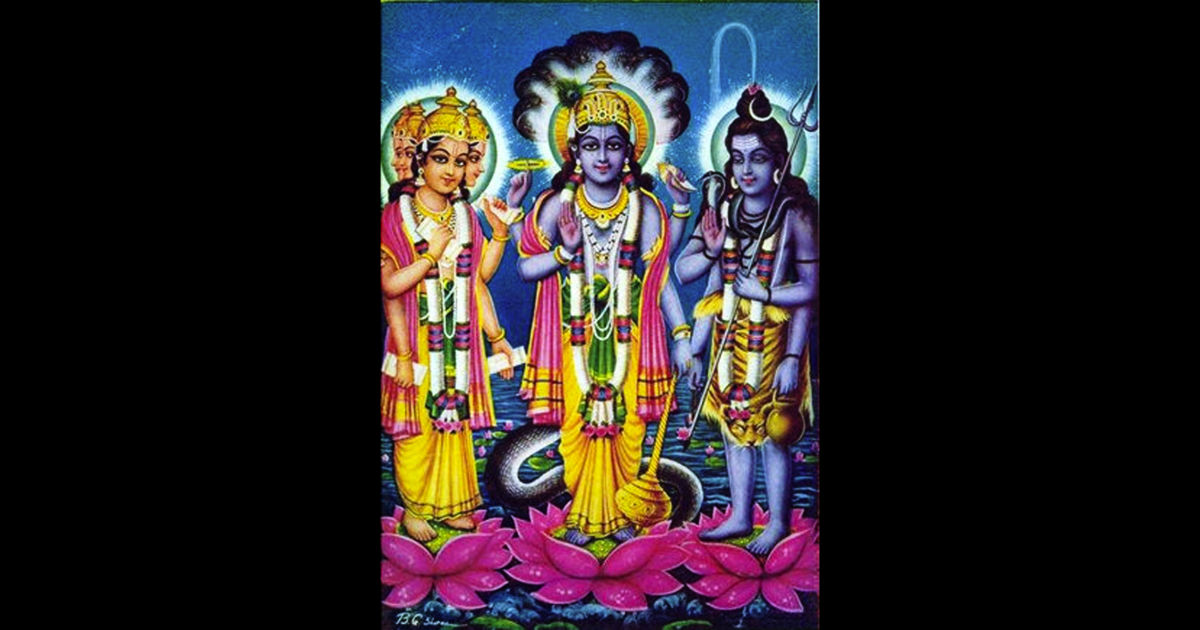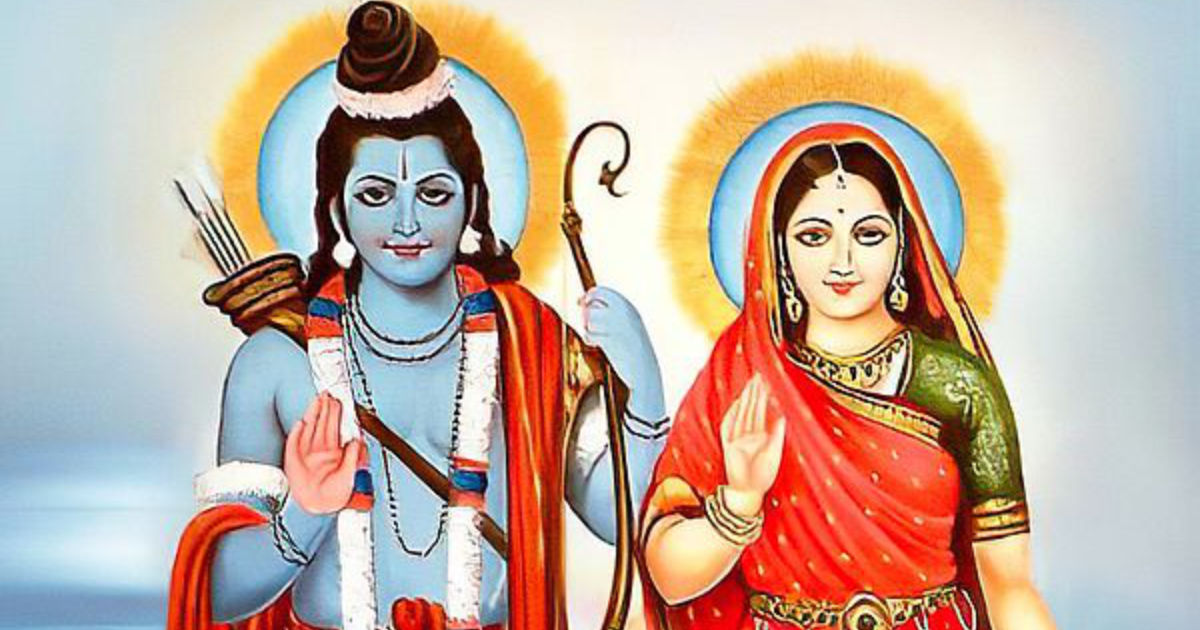I am aware dear ones that today is International Women’s Day. All kinds of attributes are given to womankind. Sages are writing that we must create a world where women are celebrated not just as their roles as mothers, wives or daughters but also as creators, leaders and spiritual beings who shape the essence of life. Continue reading
Tag Archives: vishnu
Of Shells and Calabashes
I had gone in a tuktuk on a coastal tour in Siquijor which is a verdant and beautiful island. A tuktuk is a three-wheel scooter, which has powerful shock absorbers and so it is not bouncy. They are in bright colors, and one sees them everywhere. Siquijor is considered a magical island as there are many healing plants growing there. It is renowned for its traditional healing practices. Continue reading
Matsya Avatar
In the first of his ten incarnations, Vishnu took the form of Matsya (a fish) to save primeval man from the deluge that consumed the world. He is depicted as half fish and half God. When I saw the whale sharks I thought of Vishnu in his Matsya Avatar. Continue reading
In love with volcanoes
Dear ones, we are in the Philippines. Three times our vacation was cancelled. First time, I had to have an emergency surgery. Second time there was a hurricane and so much rain that the places we wanted to visit were flooded with water and mud and Mount Mayon erupted. Third time the dates were too close to my application for a Schengen visa. Continue reading
The virtues of yellow
Yellow is the brightest color in the visual spectrum. It is a favored color and what are the reasons for it. The sun is yellow and sunlight loved by all is golden yellow. It is the easiest color to imagine, it represents happiness and hope. Continue reading
Meditation on Maha Lakshmi
The one, who always worships Lakshmi, Sri Kamala, the one who dwells in the lotus, Padma, the pleasing one holding tender lotus bloom in her hands, the daughter of the ocean, the one who carries the pot of nectar in her two hands, the goddess Ira and the beloved of Vishnu will ward off all miseries. – Mahalakshmi Stuti, Skanda Puran, verse 8
Who is Brahma?
How do we view Brahma? There are stories about him and the most popular one is about the loss of his fifth head. Brahma was referred to as Pachanan (having five faces) but after losing his fifth head he became Chaturan. (having four faces). There are several stories given in the Shiva Purana. Continue reading
I will offer my life for a tree
Dear Ones, we have a tribe in India called the Bishnois. They are a Hindu community of desert dwellers, who see no separation between themselves and nature. For them the tree is like a child, and they treat it with parental love. They live in mainly the Thar desert of western Rajasthan and the northern states of India. Continue reading
Different forms of Gods
Different forms of Gods are symbols of their virtues and powers. Vishnu is said to be in a slumber on the coils of Shesha Nag. He is in this state for four months. It is written in the Gita, that God does not rest, even for a blink of the eye. When we see Vishnu reclining in Yoga Nidra in this depiction, it means that God is fully aware, and nothing can go wrong. Continue reading
The Great Preserver
Vishnu is revered as the Preserver and the element; water plays a very important role in his life. He is depicted as the cosmic ocean Nara, meaning water. Water was the only thing in existence before the creation of the universe. On account of this, he is known as Narayana, or one who moves on the waters. Vishnu’s Shakti is the sustaining energy because it refers to Vishnu, God of preservation. Continue reading
The spiritual connection of numbers
In all faiths numbers play a role. 108, 13, 3, 613, 786, 5, 888, 666 are spiritual numbers.
In my seminars, my students always ask, why is 108 important? In Hinduism 108 is a holy number. An individual breathes 21,600 times in 24 hours. When divided by two, it becomes 10,800 resembling 2 horizons – the north and south poles, emphasizing 108 as basic. The sky is divided into 27 nakshatras, each having four sectors of 30, i.e. 27×4=108. The moon crosses one nakshatra in 54 hours, which if divided into day and night gives 54×2=108. Continue reading
The story of the Ramayana
How did it all begin? Shakti, who is the cosmic Mother, has many names – Uma, Parvati, Durga, I can go on. She asked Shiva to narrate a story which will offer comfort in troubled times to all her children. Shiva then narrated the story of the Ramayana, which is about Ram and Sita. Continue reading
Tulsi Vivah
What is Tulsi Vivah? It is a festival which is a very important ritual. It celebrates the ceremonial marriage of the holy Basil plant, known as Tulsi to Vishnu and Krishna. It is believed that if one has a Tulsi plant outside one’s house, then one’s husband will never leave one. The holy Basle has to be watered daily. Tulsi Vivah is a sacred tradition which marks the beginning of the wedding season in Hindu culture. Continue reading
Who is Ram?
Ram is the seventh avatar of Vishnu, and he is born as a mortal. In our Hindu tradition, Ram is a divine human, a mortal god incorporating both into the exemplar who transcends both humans and gods. The story of his life is in the Ramayana and the Ramayana is an allegory for the duties, rights and social responsibilities of an individual. He is a superior being and does not render evil for evil. Continue reading
Deep Aradhana – worship with lamps
Lakshmi is the Goddess of wealth in every aspect. She resides where there is truth, charity and dharma. The Sri Suktam in the Vedas is dedicated to her and she is one of manifestations of Adya Shakti.
Lakshmi is addressed by many names: Vriddhi (growth), Matri Rupa (like mother), Vasudha (Earth) and as Aditi, mother of all the gods. Continue reading














